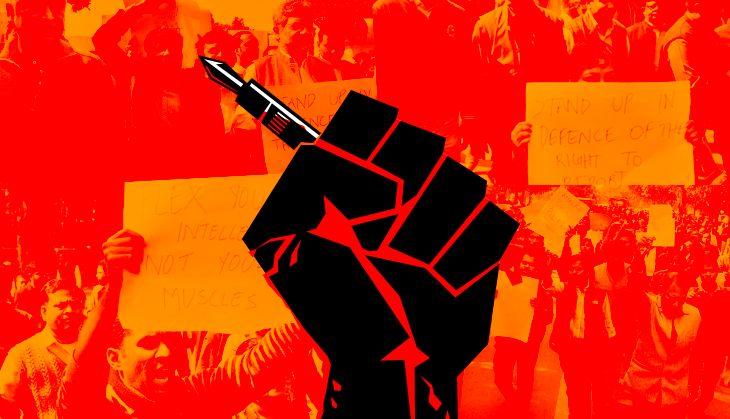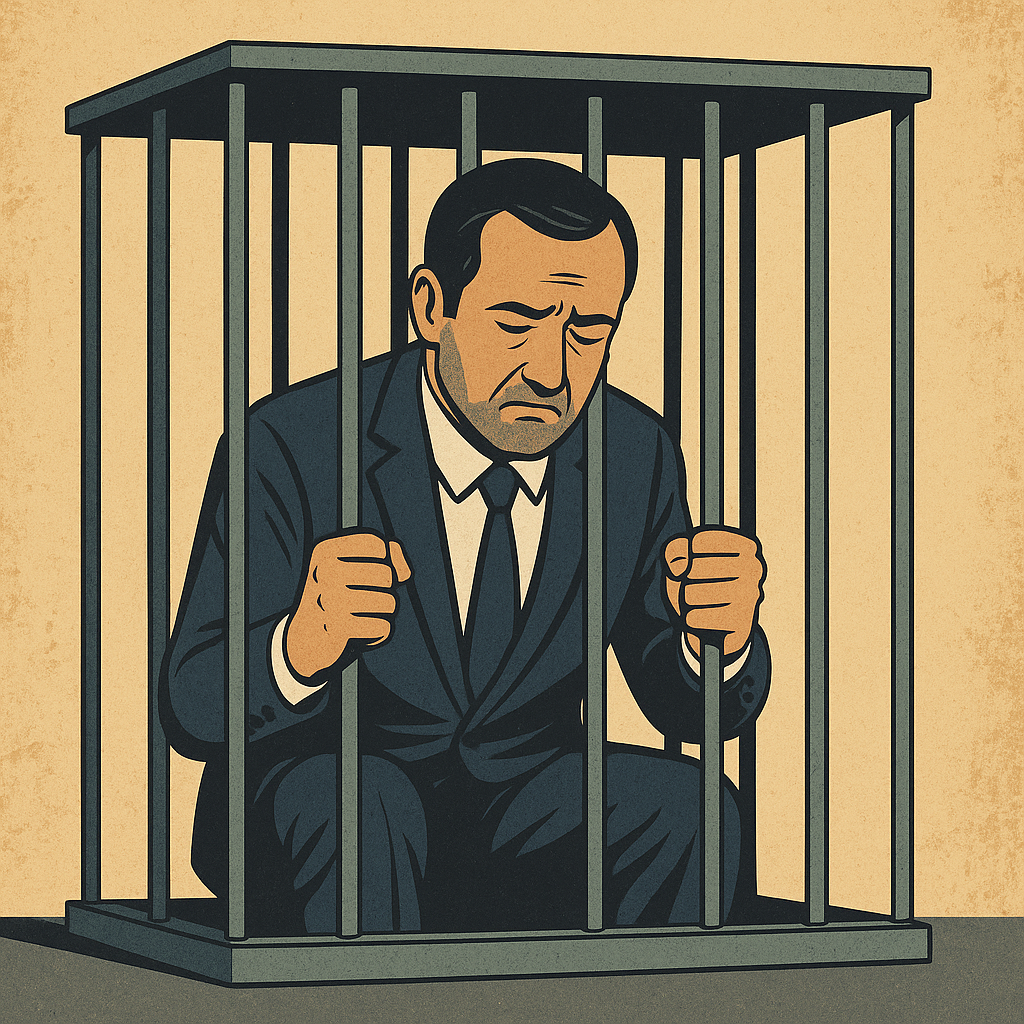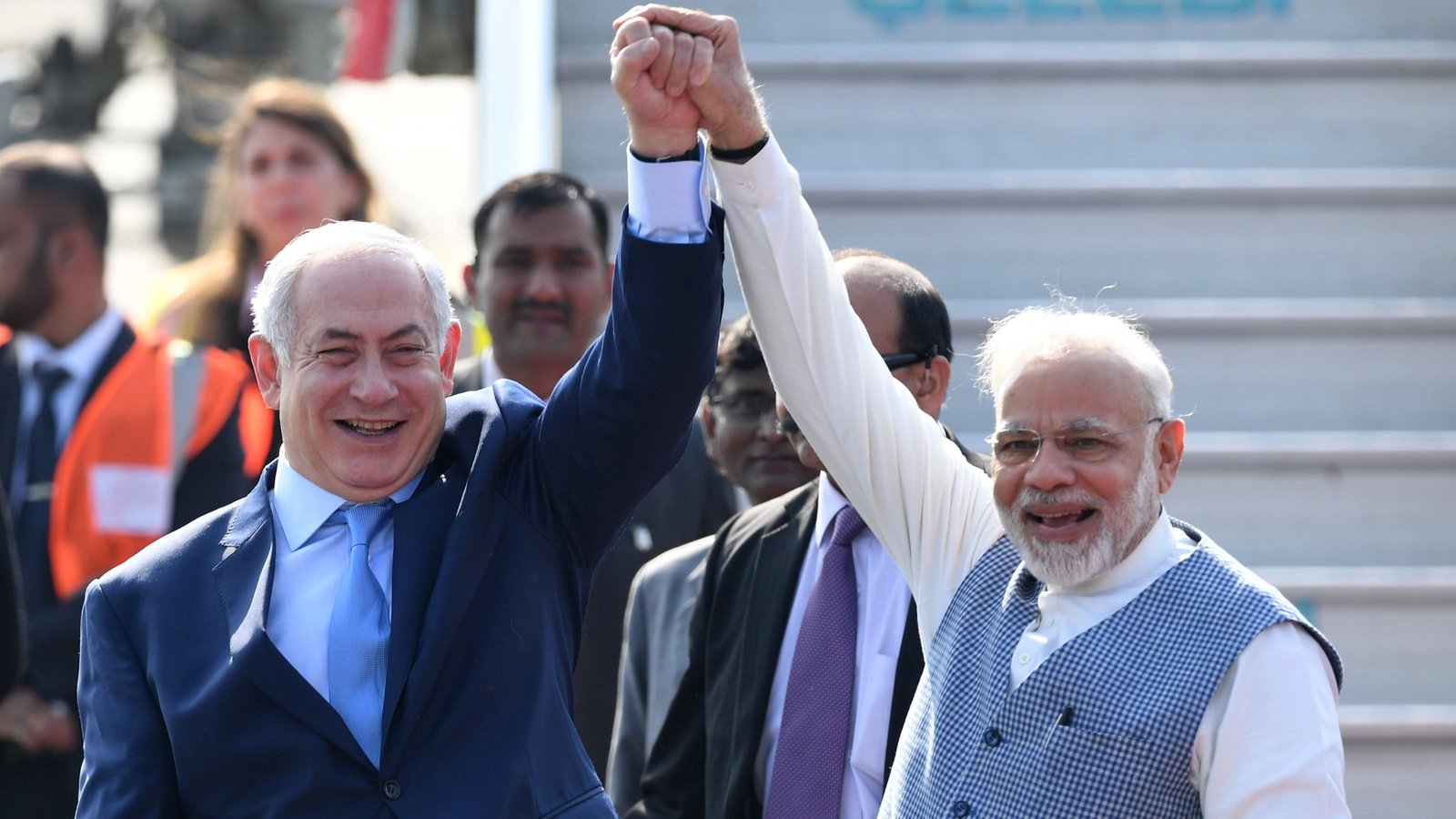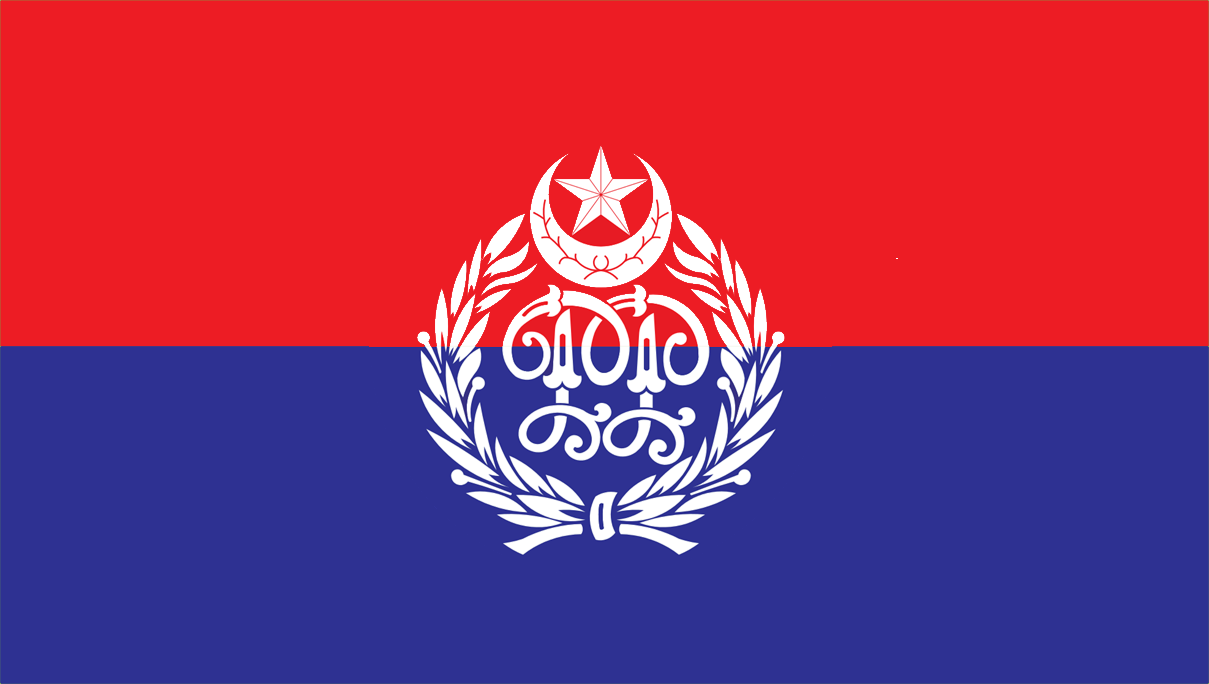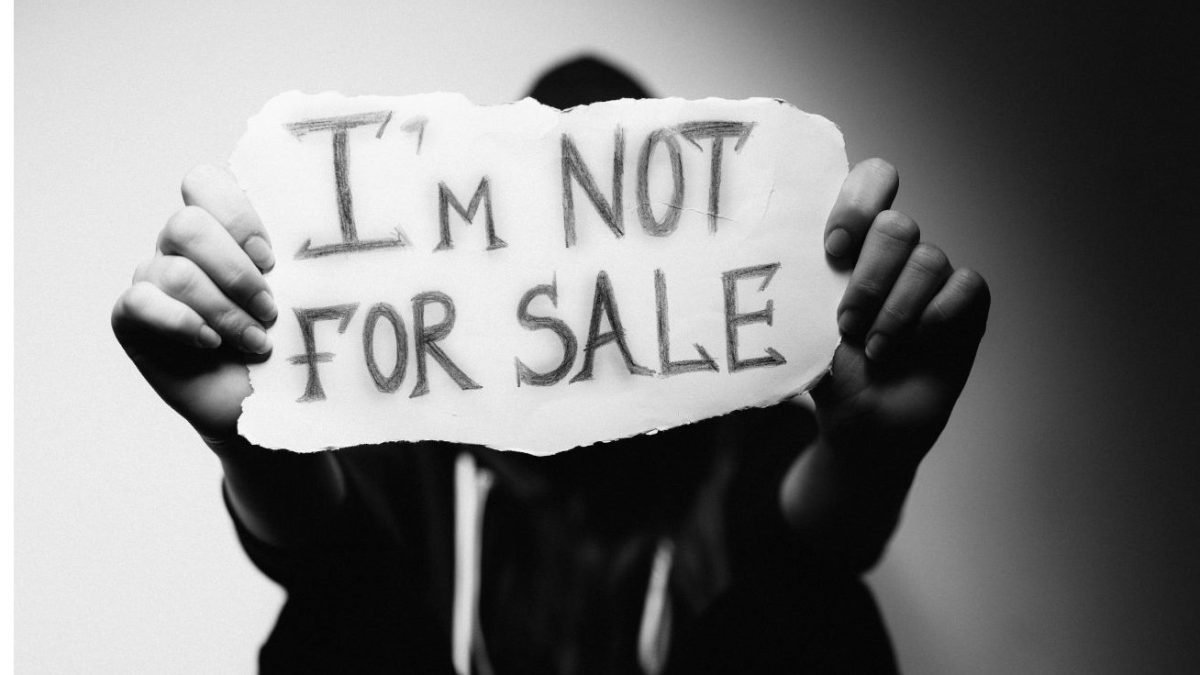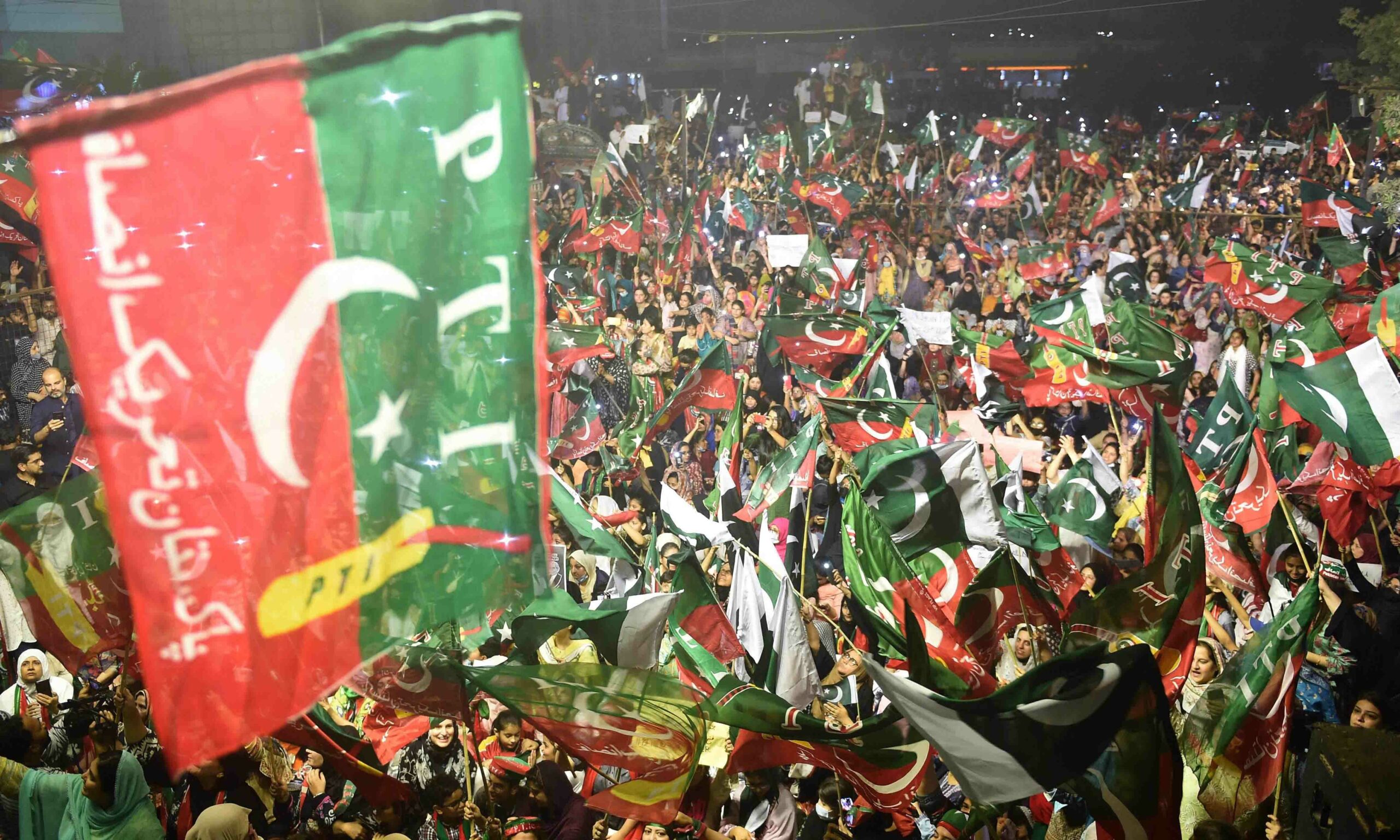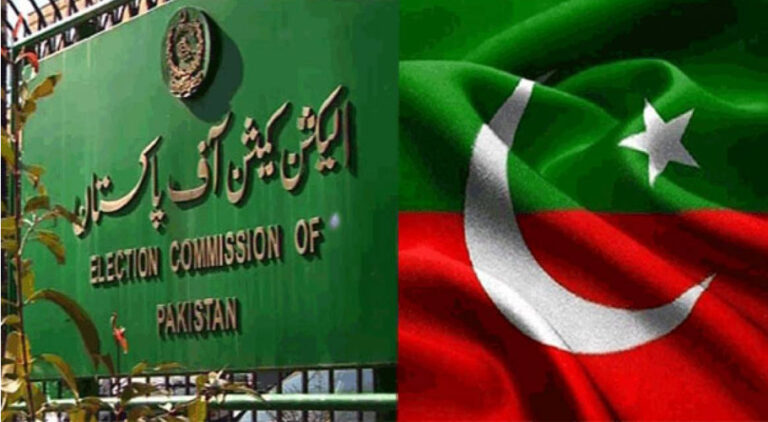Barrister Naveed Qazi
The latest wave of arrests and legal cases filed against journalists and social media users under the Prevention of Electronic Crimes Act (PECA) marks a disturbing escalation in the state’s efforts to control the digital narrative. With over 150 individuals now facing charges for allegedly “promoting false narratives” related to the November 26 protests, PECA, once intended as a measure to combat online crime, has transformed into a tool for stifling legitimate reporting and public discourse. What was meant to be a safeguard against cyber threats has increasingly become a mechanism for silencing dissent and curbing freedom of expression, particularly when it comes to issues that challenge the state’s narrative.
The scope of these legal actions is alarming. The sheer number of individuals facing charges under PECA, combined with proposed amendments that could increase prison terms to seven years and impose fines of up to Rs2 million, signals a concerning shift towards a more repressive cybercrime framework. What began as legislation ostensibly designed to protect citizens from online criminal activity has now been warped into a catch-all legal instrument to punish those who question the government or report on sensitive topics. These developments not only infringe upon the rights of individuals but also signal a broader attempt by the state to curtail freedom of expression online.
One of the most concerning aspects of this crackdown is the vague and subjective nature of the charges being levied. Journalists and social media users are being accused of promoting “false narratives,” a charge that is inherently open to interpretation. The lack of clear guidelines about what constitutes a false narrative means that journalists must operate in an atmosphere of fear and self-censorship. With the threat of prosecution hanging over them, reporters are left with little choice but to temper their coverage, particularly when addressing controversial events or state actions. This chilling effect undermines their ability to perform their vital role of holding those in power accountable and providing the public with accurate, unfiltered information.
This crackdown on media freedom comes at a time when the country is facing widespread allegations of state violence during the November protests, including claims of protest-related deaths. The timing of the cases against journalists and social media users strongly suggests that their real purpose is to prevent independent investigation of these events and to discourage public scrutiny of the government’s handling of the protests. In this context, the state’s use of PECA to target reporters and online commentators becomes a calculated effort to maintain control over the narrative and to suppress any information that challenges the official version of events.
The use of state machinery to enforce a single, official narrative is an affront to press freedom and citizens’ right to access information. It strikes at the very core of democratic values, where a free and independent press is essential to ensuring transparency, accountability, and the functioning of a healthy democracy. By punishing those who dare to challenge or investigate the government’s version of events, the state undermines the fundamental principles upon which democracy is built.
Amnesty International has raised serious concerns about the lack of transparency surrounding the use of PECA and the chilling impact it has on free speech. The human rights organization has called attention to the dangers posed by the law’s broad and undefined provisions, which allow for arbitrary legal actions against those who express dissenting opinions online. Civil society groups have also warned that the law’s unchecked powers pose a significant threat to both journalists and ordinary citizens, who now face the risk of prosecution for merely sharing information or engaging in discussions that challenge the status quo.
Pakistan’s current democratic health is already fragile. The erosion of press freedom and the stifling of independent media create an environment where citizens are denied their right to be informed about the actions of their government. In such a climate, the ability of the press to investigate and report on issues of public interest without fear of retaliation becomes severely compromised. When journalists and activists are targeted under PECA for covering protests, state violence, or allegations of misconduct, it sends a clear message that the government is willing to use all available tools to suppress scrutiny and enforce conformity to its narrative.
Moreover, the growing fear among journalists and media organizations that they could face legal action for simply doing their job is deeply troubling. The weaponization of PECA has created a climate of fear, where many reporters are hesitant to cover certain topics or engage in critical reporting. The result is a form of self-censorship that prevents important stories from reaching the public. This undermines the role of the media as a check on government power and weakens democratic governance by preventing the free flow of information.
PECA, in its current form, erodes public trust in democratic processes and institutions. It fosters an atmosphere where those in power can manipulate the narrative and control the flow of information, while those who seek to expose the truth or report on issues that challenge the government face the threat of criminal prosecution. This growing repression sends a dangerous signal to both local and international observers that Pakistan is moving further away from the values of press freedom, transparency, and accountability.
The weaponization of PECA must end. Pakistan’s democratic future hinges on the ability of its press to operate independently and fearlessly, without the looming threat of legal retaliation. Journalists must be allowed to investigate, report, and question the actions of those in power without the fear of prosecution or persecution. A free press is essential for ensuring that the public has access to accurate and diverse information, and for holding those in power accountable for their actions. Without this fundamental freedom, Pakistan’s democracy will continue to erode, and the government will continue to hold an unchallenged monopoly over the flow of information.
In order to protect the rights of journalists and citizens, and to restore the integrity of the press in Pakistan, the government must immediately halt the misuse of PECA for political purposes. Instead of using the law to suppress dissent, the government should focus on reforming the legislation to ensure that it is used to address genuine cybercrimes without infringing upon freedom of speech. Only then can Pakistan’s democracy be restored to a healthier state, one where citizens can freely express their opinions, share information, and engage in open debate without fear of retribution. Until that happens, the growing weaponization of PECA will continue to be a serious threat to press freedom and the democratic values upon which the country stands.



